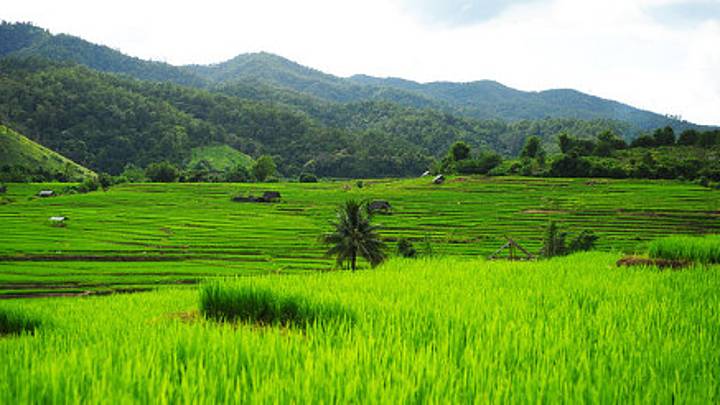The Malaria Map

Medically reviewed by
Dr Babak AshrafiLast reviewed: 06 Jun 2023
Malaria risk areas across the globe

Key takeaways
A malaria map shows which travel destinations will put you at risk of getting malaria
In all malaria-affected areas, you need to use mosquito protection
In high-risk areas, preventative antimalarial medication is usually recommended
Treatments include chloroquine-proguanil, atovaquone-proguanil (malarone), or doxycycline
Malaria risk areas are constantly changing, so make sure you check the most up to date malaria map
A "malaria map" provides travellers with an indication of which countries are malaria risk areas, from no risk to high risk.
The risk varies from region to region, so it’s important to check an up-to-date malaria map before you travel. Your doctor (online or local GP) will then need to assess your suitability for a malaria prevention treatment depending on additional factors, like:
- details of your trip
- existing medical conditions and any medication you’re taking
- the resistance of the local malaria parasite to existing treatments
The malaria map shows you that many tropical and subtropical countries are malaria risk areas, but the risk of malaria changes regularly, so it’s important you check an up-to-date map, for example, https://travelhealth.ie/malaria-map/.
Good to know: If you’re soon leaving to a country where there is a risk of malaria, you can ask further questions and order a prescription for preventive malaria medication from our doctors at ZAVA.

No results found.
Please check your spelling or try another treatment name.
The malaria map and malaria risk areas
For all malaria-affected areas, mosquito prevention is recommended. Sometimes, preventative anti-malarial medication is recommended where there is a high risk of malaria.
Travelling to a malaria risk area
First of all, you should check whether your destination is on the malaria map. Make sure to explain the details and reasons for your travel to your doctor or travel specialist, so that they can prescribe the best medication for you.
Returning home
If you live in Ireland and return to your home country, do not forget to check whether your country is a malaria-risk area. It is common for people to underestimate the risk of malaria in their hometowns. Even if you grew up in a malarial area without contracting it, there is a risk that you might get malaria when you go back to visit. Any resistance you might have built up is likely to have worn off.
High risk areas
If you’re planning to travel to a high-risk malaria area, the drugs you may need can include
- chloroquine-proguanil,
- atovaquone-proguanil (for example in Malarone),
- doxycycline, or
- mefloquine.
If the area is known to have a parasite resistant to chloroquine-proguanil (e.g. plasmodium falciparum), other drugs can be used in advance as a preventive treatment.

Babak studied medicine at King’s College London and graduated in 2003, having also gained a bachelor’s degree in Physiology during his time there. He completed his general practice (GP) training in East London, where he worked for a number of years as a partner at a large inner-city GP practice. He completed the Royal College of GPs membership exam in 2007.
Meet our doctorsLast reviewed: 06 Jun 2023
Once you know you’re travelling to country with a risk of malaria, you can get treatment before you go. ZAVA offers a range of options to consider, without needing to see a doctor face to face.








